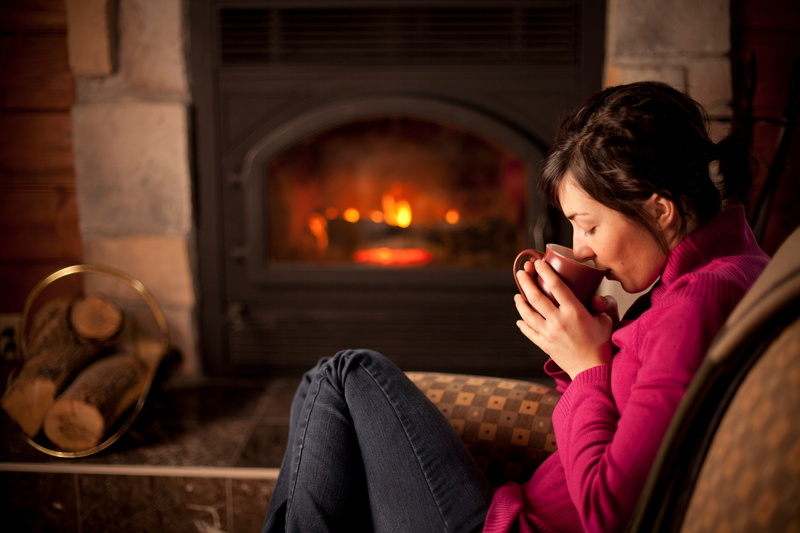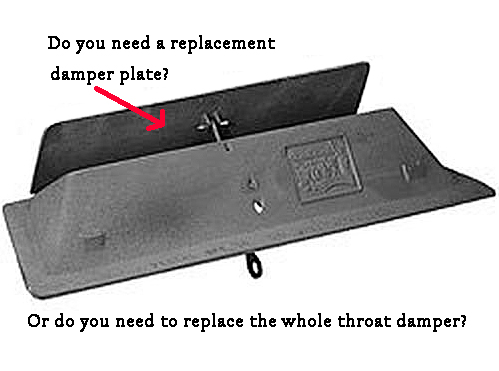One of the most pervasive causes of a stuck damper is rust often caused when rainwater enters the chimney through a faulty or nonexistent chimney cap.
Fireplace flue damper won t close.
Traditionally there are two different types of fireplace dampers.
A functional damper opens and closes easily just by using the handle or lever.
A throat damper which is the most common is located just above the firebox inside of the chimney flue.
A drafty room is a good indication that the damper isn t closing into the proper position.
Fireplace damper won t open or close.
This duct within your chimney includes a damper that can be opened or closed by a lever or pull.
The damper in a gas fireplace should remain open all the time.
To be up to code all fireplaces must have a damper.
A flue directs smoke outside of a home when a fireplace is in use.
Any damper that requires extra work to move is considered nonoperational and should be repaired.
They also come into contact and help stop any moisture or rainwater than makes its way down into the chimney or flue.
Fireplace damper clamps chimney chat damper clamps must be installed to lock a fireplace damper in a fully open position when artificial gas logs are installed in a fireplace.
The damper is a steel or cast iron door that opens and closes the throat of the firebox into the flue.
The damper won t close tightly an open damper is the equivalent of an open window in the house allowing all the cold inside and the heat to escape outside.
A cable running down the chimney to the firebox allows you to open and close the damper.
Cevans chuck evans cmi trec 7657 september 6 2017 1 59pm.
Fireplace dampers can be subject to intense heat from fires and also have to deal with any smoke soot and ash that pass through them.
Often a damper becomes difficult to operate or sticks in one position.
Top dampers fit more tightly than most throat dampers.
After years of constant exposure to heat ashes and moisture many fireplace dampers will become stuck warped or inefficient.










